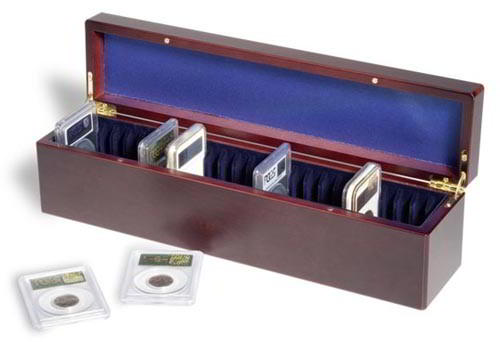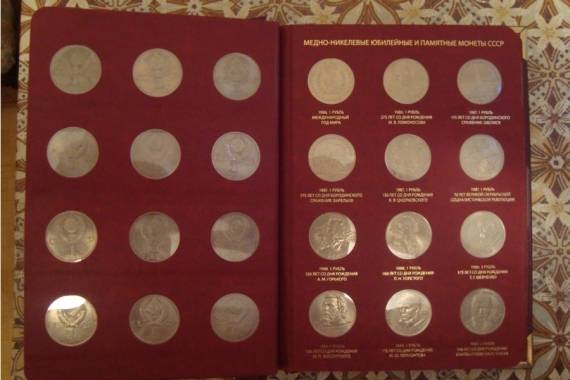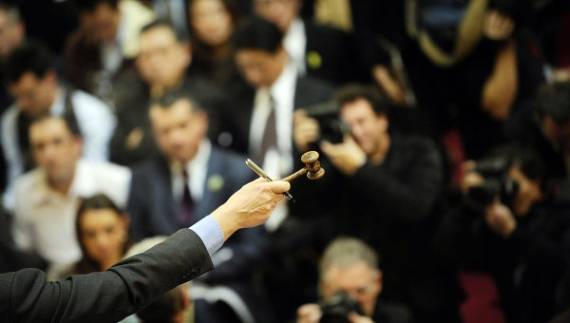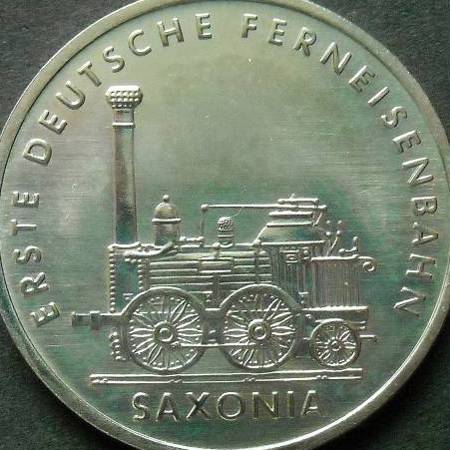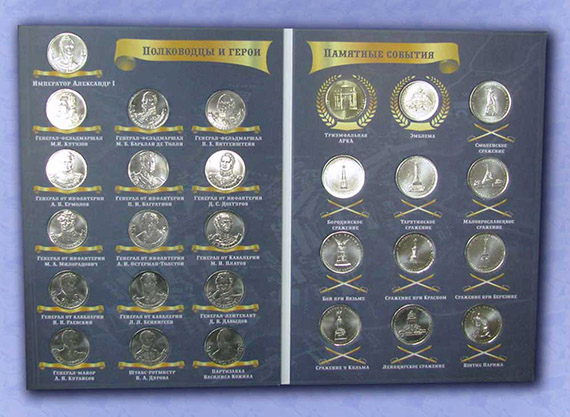should be handed
What is the damage of coins
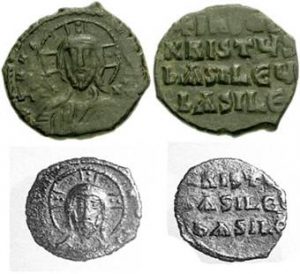 In the 10th century, Count Baldwin, in order to develop a monetary business, as well as improve trade relations, created a rate of exchange transactions. So, two hens could be exchanged for one rooster, two lambs for one sheep, and so on. Even though the territories of the countries were not disturbed by any crusades, every society needed money.
In the 10th century, Count Baldwin, in order to develop a monetary business, as well as improve trade relations, created a rate of exchange transactions. So, two hens could be exchanged for one rooster, two lambs for one sheep, and so on. Even though the territories of the countries were not disturbed by any crusades, every society needed money.
In Western Europe, there was a fairly large number of mints. Each duke and bishop sought to build their own coin shop. Therefore, quite often, in one city there could be several coin shops. Continue reading
